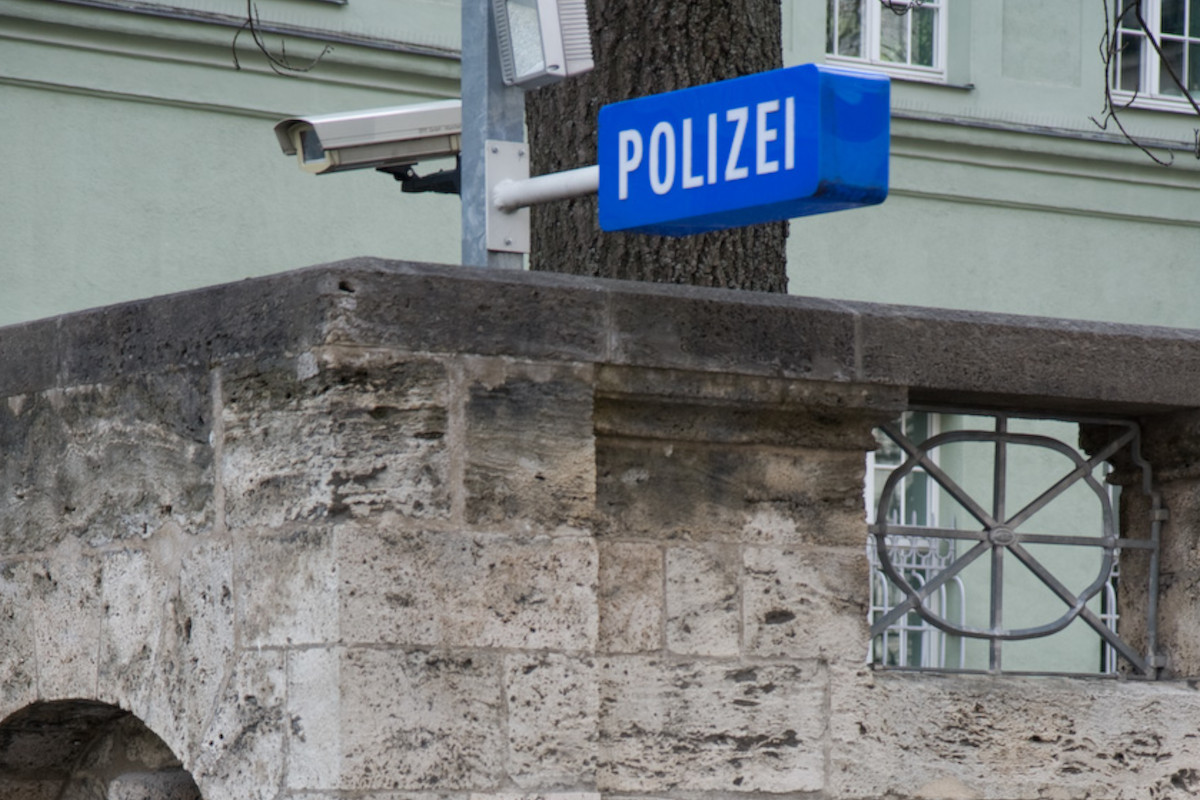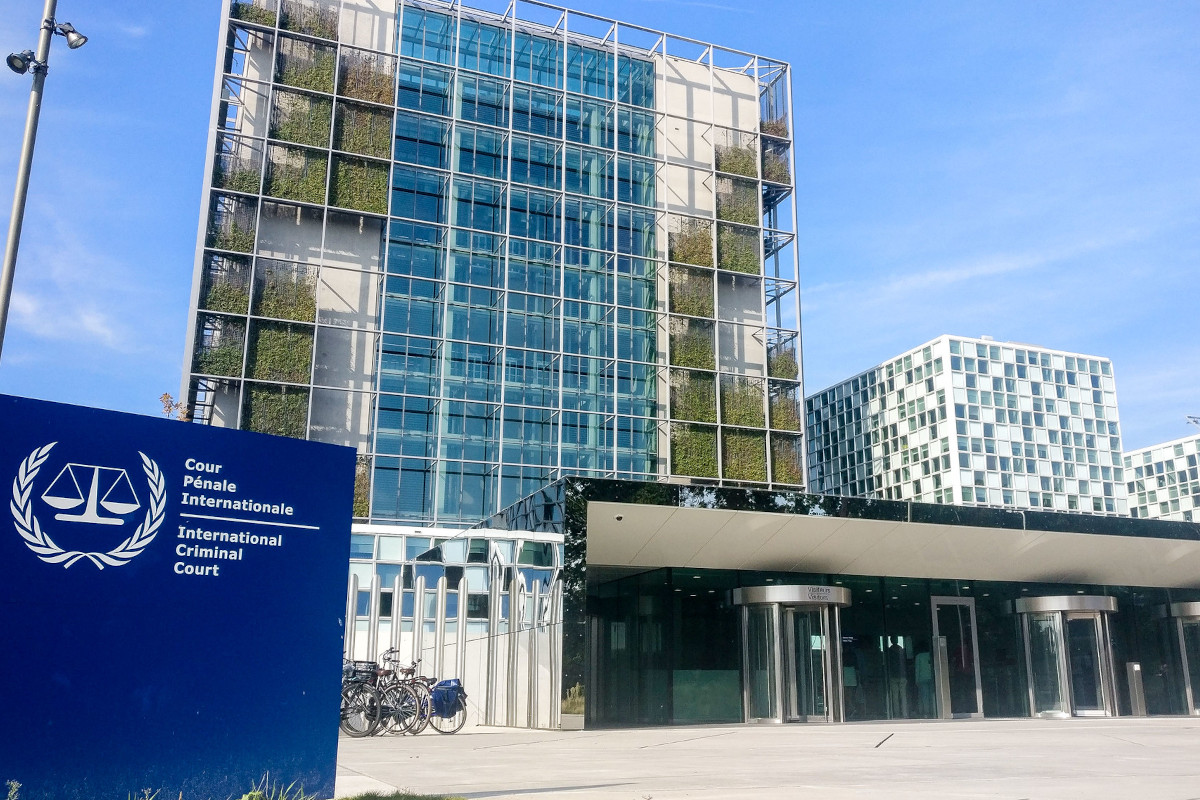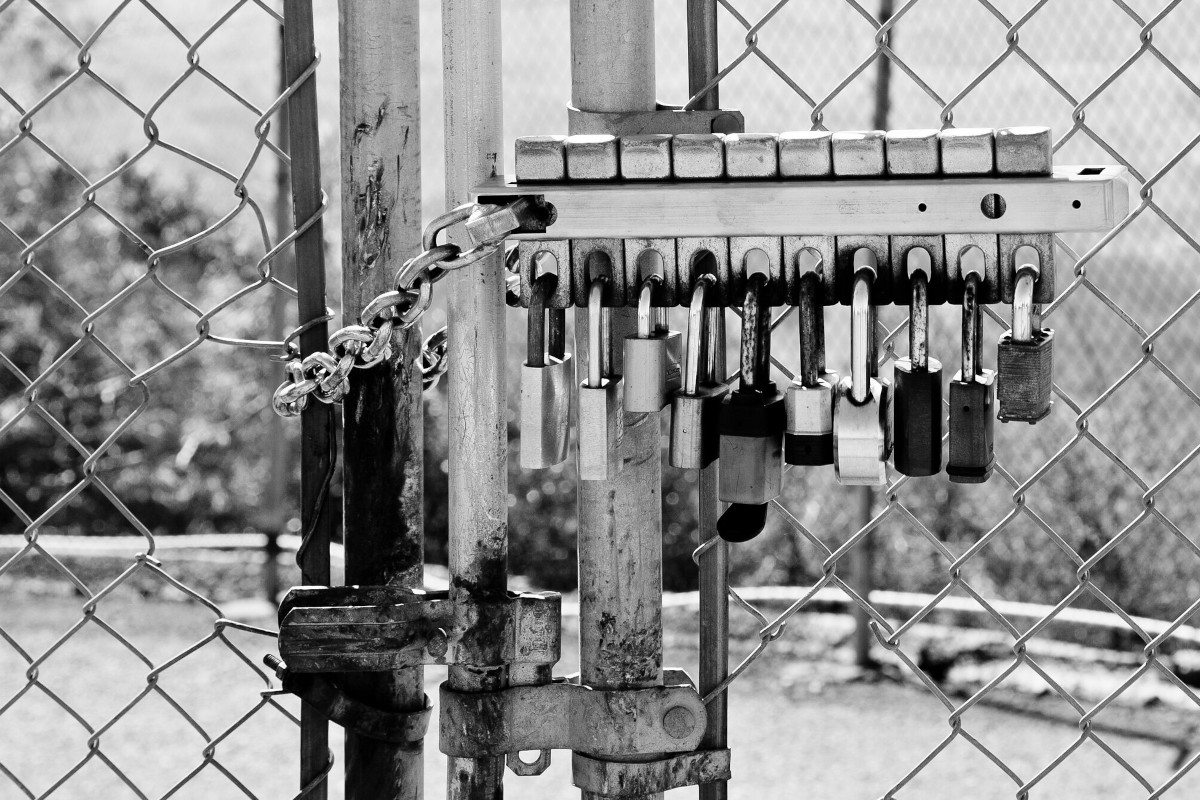Germany and UK unveil new joint action plan on Channel migration
Topic
Country/Region
10 December 2024
A new action plan on irregular migration is being agreed between the UK and Germany today. A document summarising the plan, obtained by Statewatch, says it marks a joint “commitment to secure borders” that will involve increased political and police cooperation. The plan is to be adopted at a meeting of the Calais Group, made up of Belgium, France, Germany, the Netherlands and the UK.
Support our work: become a Friend of Statewatch from as little as £1/€1 per month.

Image: Eirik Solheim, CC BY-SA 2.0
The document (pdf) sets out six “overarching aims of the plan,” none of which are new:
- Break the business model of organised crime groups involved in migrant smuggling and trafficking of persons by:
- Disrupting their supply chains
- Preventing irregular border crossings
- Ensuring smugglers face the full extent of the law
- Reduce irregular migratory flows into Germany, the UK, and Europe
- Prevent loss of life on migratory routes and in the Channel
- Increase the returns of individuals with no right to be in the UK or Germany
- Strengthen European cooperation on transnational organised crime involved in migrant smuggling and trafficking of persons
- Maximise UK and German relationships with key regional partners to combat transnational organised crime involved in migrant smuggling and trafficking of persons
According to the document, the plan will achieve these goals by setting out a “long-term framework for enhanced cooperation,” and strengthening “operational capabilities of UK and German law enforcement.”
It is not explained in any detail how this will be done, though the German government is reportedly changing the law so that smuggling of migrants to locations outside of Germany (rather than smuggling them into Germany) is a criminal offence.
The adoption of the plan follows a series of police raids in Germany last week directed at suspected smugglers from Iraqi and the transport of inflatable boats towards the Channel coast.
Charlie Eastaugh, director of international operations at the UK's Border Security Command, admitted to the BBC that police operations are making the crossings more dangerous:
"There are fewer boats and fewer engines in supply, we have seized over 450 boats and engines across Europe - and organised crime gangs are taking greater risks.
We're seeing increased numbers in these boats because of the disruptive work we have carried out with our law enforcement partners in Europe."
The EU is also currently revising its rules on migrant smuggling, which criminalise transit through EU or Schengen states. The Council of the EU’s position on the law includes a number of provisions that may make it easier not just to prosecute people for migrant smuggling, but for acts of solidarity with migrants and refugees.
The UK and Germany will also increase their "focus in Europol" on "tackling the whole end-to-end routes" and "illicit finances," says the document. An international liaison within the UK’s recently-established Border Security Command will strengthen “UK and German alignment on systems leadership and policy”.
The plan’s implementation for an initial 12-month period is entrusted to the Home Office’s Border Security Command and the German Interior Ministry’s Directorate for International and EU Affairs.
It comes alongside a new "Calais Group Priority Plan on Countering Migrant Smuggling for 2025," and a UK government policy paper on "Delivering Border Security."
The UK's Labour government established the Border Security Command after coming to power, and in September awarded it some £75 million "for an autumn immigration crime crackdown."
Documentation
- Home Office, Federal Ministry of the Interior and Community, UK-Germany Joint Action Plan on Irregular Migration (pdf)
Our work is only possible with your support.
Become a Friend of Statewatch from as little as £1/€1 per month.
Further reading
Brexit: Goodbye and hello: The new EU-UK security architecture, civil liberties and democratic control
<p>The UK government's domestic programme seeks to crack down on dissent and to abolish or severely limit ways for the public to hold the state to account. This report shows that those ambitions also play a role in the post-Brexit agreement with the EU. The treaty makes it possible for the UK to opt in to intrusive EU surveillance schemes with no explicit need for parliamentary scrutiny or debate, and establishes a number of new joint institutions without sufficient transparency and accountability measures.</p>

Frontex flights and fatalities in the Channel
Following the Channel shipwreck in November 2021, when at least 31 people drowned while French and British coastguards ignored their calls for help and failed to coordinate a search and rescue operation, European ministers met in Calais for crisis talks. Their response: have Frontex deploy an aircraft to “fly day and night to help the French, Dutch and Belgian Police” monitor the coastline for crossings. The French interior minister, Gérald Darmanin, said at the time: “We cannot accept that any more people die.”

Every driver a border guard: 500% increase in fines for carrying “clandestine entrants” into the UK
As part of the controversial package of reforms in the Nationality and Borders Act 2022, the UK government plans to toughen up penalties in the Clandestine Entrant Civil Penalty Scheme, with one type of fine set to increase by up to 500%.

JOINT STATEMENT of the Federal Republic of Germany, the Kingdom of Belgium, the Kingdom of the Netherlands, the French Republic on migration issues and police and judicial cooperation in the Channel and the North Sea
The statement published following the meeting on Channel crossings, to which the UK was "disinvited", is entirely concerned with law enforcement and migration control measures, with no mention of humanitarian issues despite the drastic situation in Calais and other sites along the French and Belgian coasts. It is noteworthy that the statement announces the first major deployment of EU resources that aims to prevent departures from - rather than arrivals into - the EU.
Spotted an error? If you've spotted a problem with this page, just click once to let us know.

